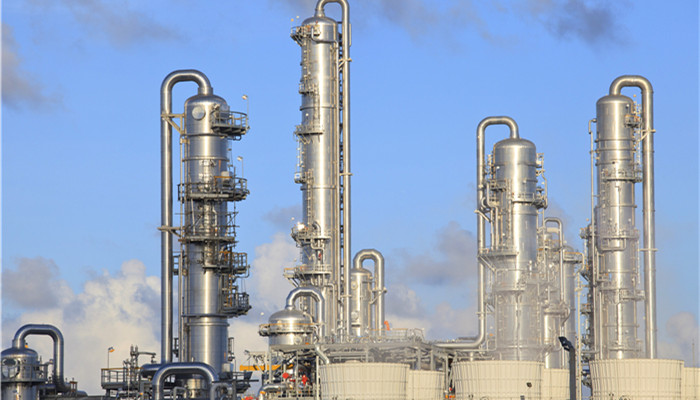
Sulfur dioxide has a wide range of applications, but its development has certain limitations.
Sulfur dioxide (SO2) is a colorless, transparent gas with a pungent odor that is soluble in water. It is the most common and simplest sulfur oxide.
According to the “Sulfur Dioxide Industry Investment Environment and Investment Prospects Forecast Analysis Report 2023-2032” released by the Industrial Research Center, the application scope of sulfur dioxide It is widely used as a food additive allowed by the country. It can be used for bleaching vermicelli, preserved fruits, candied fruits and other foods. It can promote the evaporation of water in smoked products and prevent food oxidation and nutrient loss. In the industrial field, sulfur dioxide can be used to produce sulfuric acid, thiosulfate, disinfectants, fumigants, pesticides, preservatives and other industrial supplies as well as dyes, lubricants and other products.
Taking the application of sulfur dioxide in the food industry as an example, my country’s food additive market size is expected to exceed 150 billion yuan in 2023. As a food additive permitted by the state, sulfur dioxide has the advantages of low price, good performance, etc., and has good development prospects.
In order to facilitate the transportation and storage of sulfur dioxide, most companies choose to process sulfur dioxide gas into liquid for sale. There are roughly two processes for the production of liquid sulfur dioxide. The first step is to extract high-concentration sulfur dioxide gas through absorption method, sulfur trioxide-sulfur method, etc. The second step is to liquefy the gas through pressurization method or freezing method.
At present, the main domestic sulfur dioxide manufacturers include Chengdu Taiyu Industrial Gas Co., Ltd., Henan Xingdao Gas Technology Co., Ltd., Chengdu Yuanhe Jiye Chemical Co., Ltd., Jiangsu Ruiduo Bioengineering Co., Ltd., Foshan Air Liquide Chemical Products Co., Ltd., etc.
Sulfur dioxide is one of the main pollutants in the atmosphere. Sulfur dioxide is produced in many industrial production processes and escapes into the air, causing certain pollution to the environment. Long-term and excessive exposure to sulfur dioxide can also harm human health and cause respiratory diseases. On October 27, 2017, the World Health Organization’s International Agency for Research on Cancer issued a list classifying sulfur dioxide as a Category 3 carcinogen.
Many countries and regions have made clear regulations on the use of sulfur dioxide, and my country has also formulated relevant standards and regulations for sulfur dioxide. my country’s “National Food Safety Standard – Standard for the Use of Food Additives” (GB2760-2014) clearly stipulates the scope of use of sulfur dioxide as a bleaching agent, preservative and antioxidant in food. The “National Food Safety Standard General Principles for the Labeling of Prepackaged Foods” (GB7718) stipulates that as long as sulfur dioxide is used in food, it must be labeled on the food label. These factors have placed certain restrictions on the development of the sulfur dioxide industry.
Industry analysts said that sulfur dioxide is widely used in industry, agriculture, dyes and other fields, and is also a food additive allowed by the state. There is a large demand in the food industry and has good development prospects. Sulfur dioxide production enterprises need to produce in strict accordance with national standards, reduce pollution emissions through technological innovation and equipment updates, and develop in a green and environmentally friendly direction.

 微信扫一扫打赏
微信扫一扫打赏

